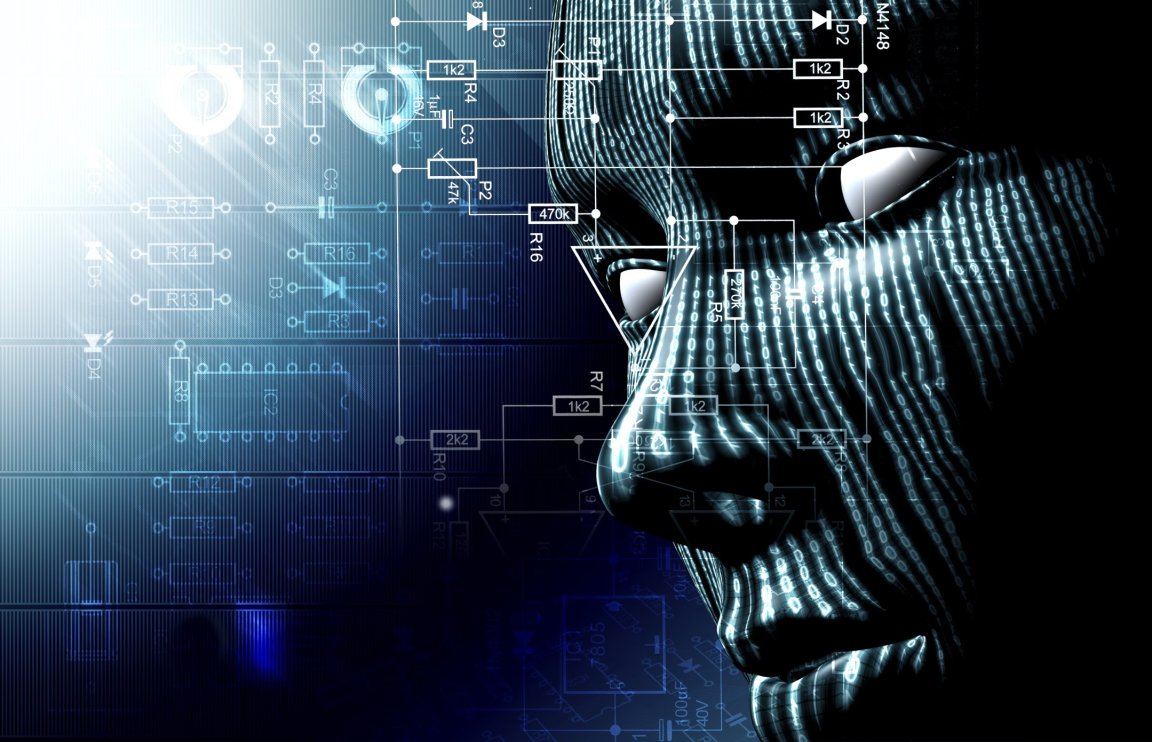
What It Is
OpenAI was just introduced to the world. It is a non-profit artificial intelligence research company that has a rather remarkable goal—to advance digital intelligence in a way that will benefit humanity as a whole…without being limited by a need to generate financial return.
Since the plan is for its research to be free from financial obligations, it hopes to focus on positive human impact. OpenAI believes AI should be an extension of individual human wills and, in the spirit of liberty, be as broadly and evenly distributed as possible.
The outcome of this venture is uncertain, and the work is difficult, but OpenAI’s founders believe the goal and the structure are right. And the founders are some pretty amazing people who have accomplished very notable work. For example, SpaceX’s Elon Musk and Y Combinator’s Sam Altman are the co-chairs. Contributions also came from LinkedIn co-founder Reid Hoffman and PayPal co-founder and investor Peter Thiel (and that’s just the start of the list).
It is hoped the focus on positive human impact is what matters most to the best in the field, and OpenAI is set to test this.
Announcing formation of @open_ai … https://t.co/Fcouhwh6MC
— Elon Musk (@elonmusk) December 11, 2015
In the early days of artificial intelligence, it was thought that solving certain tasks (such as chess) would lead to the discovery of human-level intelligence algorithms. However, the solution to each task turned out to be much less than what people were expecting (such as doing a search over a huge number of moves).
But the past few years have been significant, as an AI technique explored for decades—deep learning—started achieving impressive results in a wide variety of problem domains.
In deep learning, rather than hand-code a new algorithm for each problem, architectures are designed that can twist themselves into a wide range of algorithms based on the data fed to them. This approach has yielded outstanding results with pattern recognition problems. We’ve also started to see what it might be like for computers to be creative, to dream, and to experience the world.
The Plan
Because of AI’s colorful history, it’s hard to predict when human-level AI will become a reality. When it does, it’ll be important to have a leading research institution which can prioritize a good outcome for all over its own self-interest.
As a non-profit, OpenAI’s aim is to build value for everyone rather than shareholders. Researchers will be strongly encouraged to publish their work, whether as papers, blog posts, or code, and the patents will be shared with the world. OpenAI will freely collaborate with others across many institutions and expect to work with other companies to research and deploy new technologies.